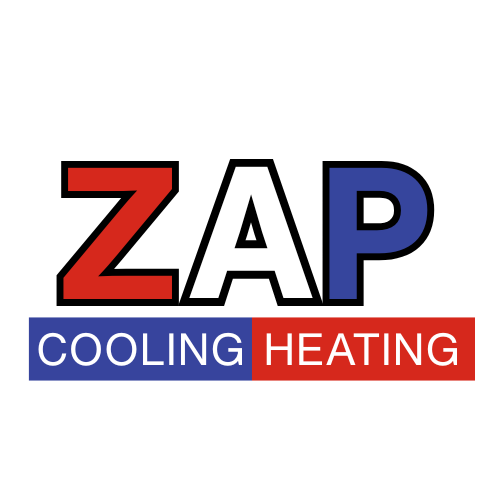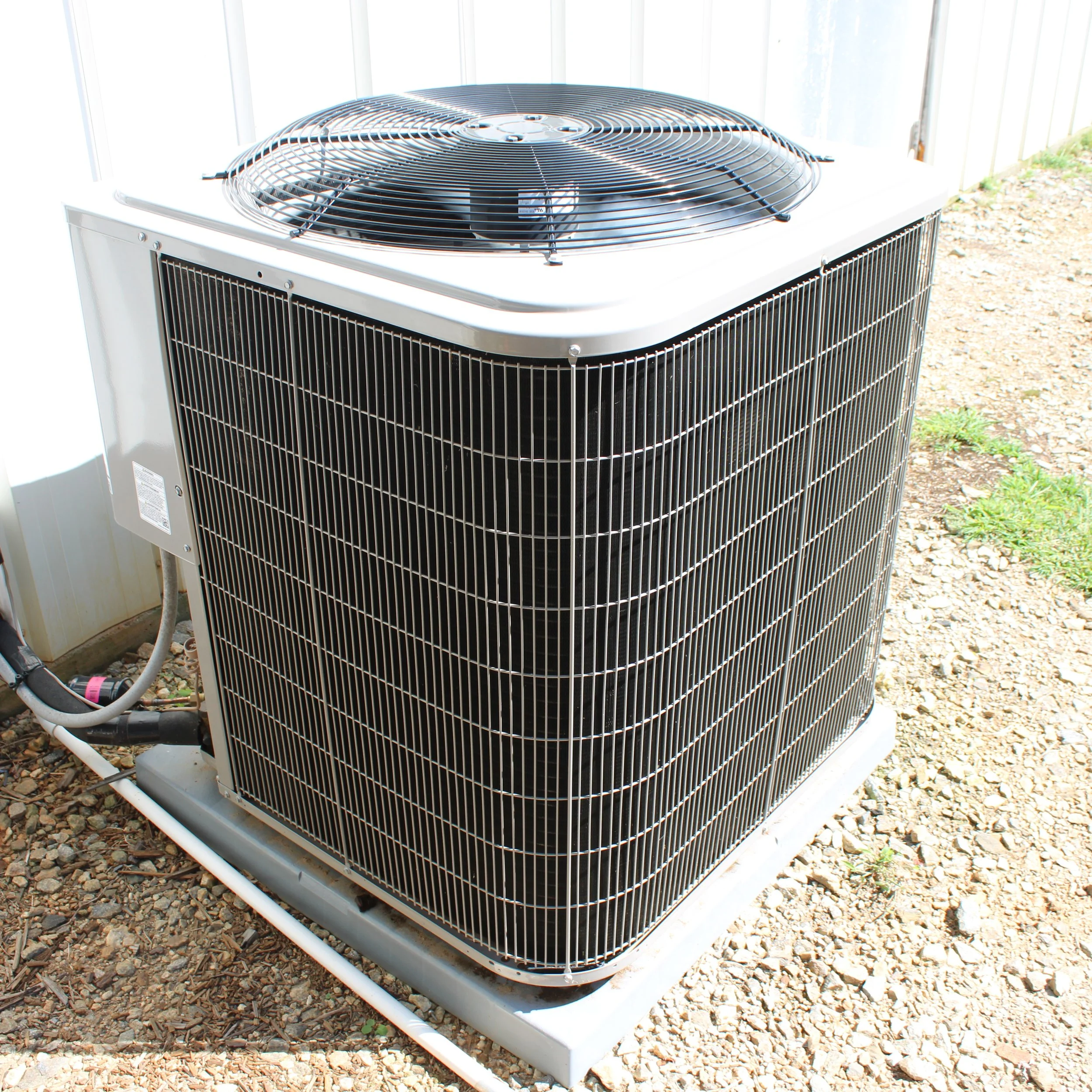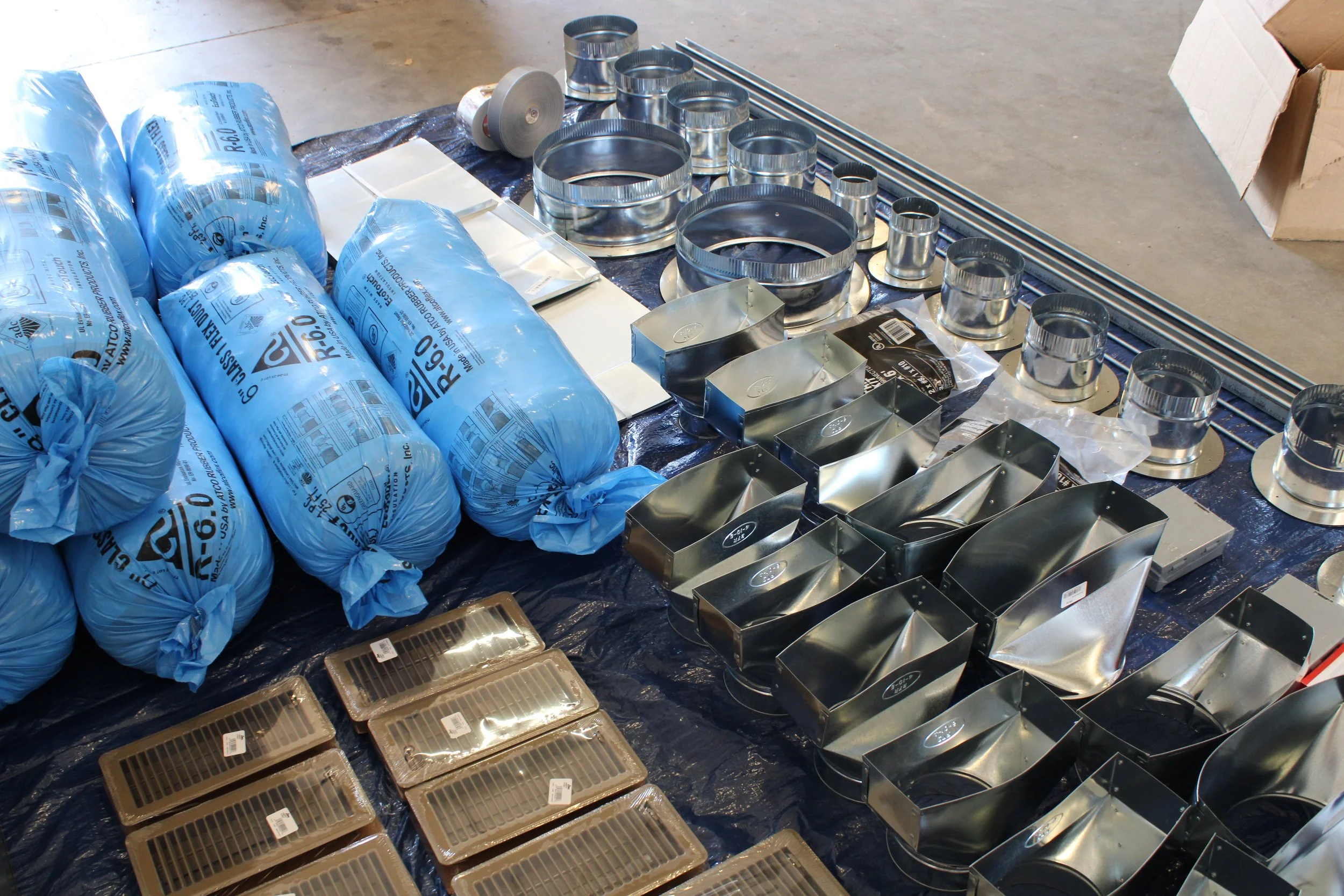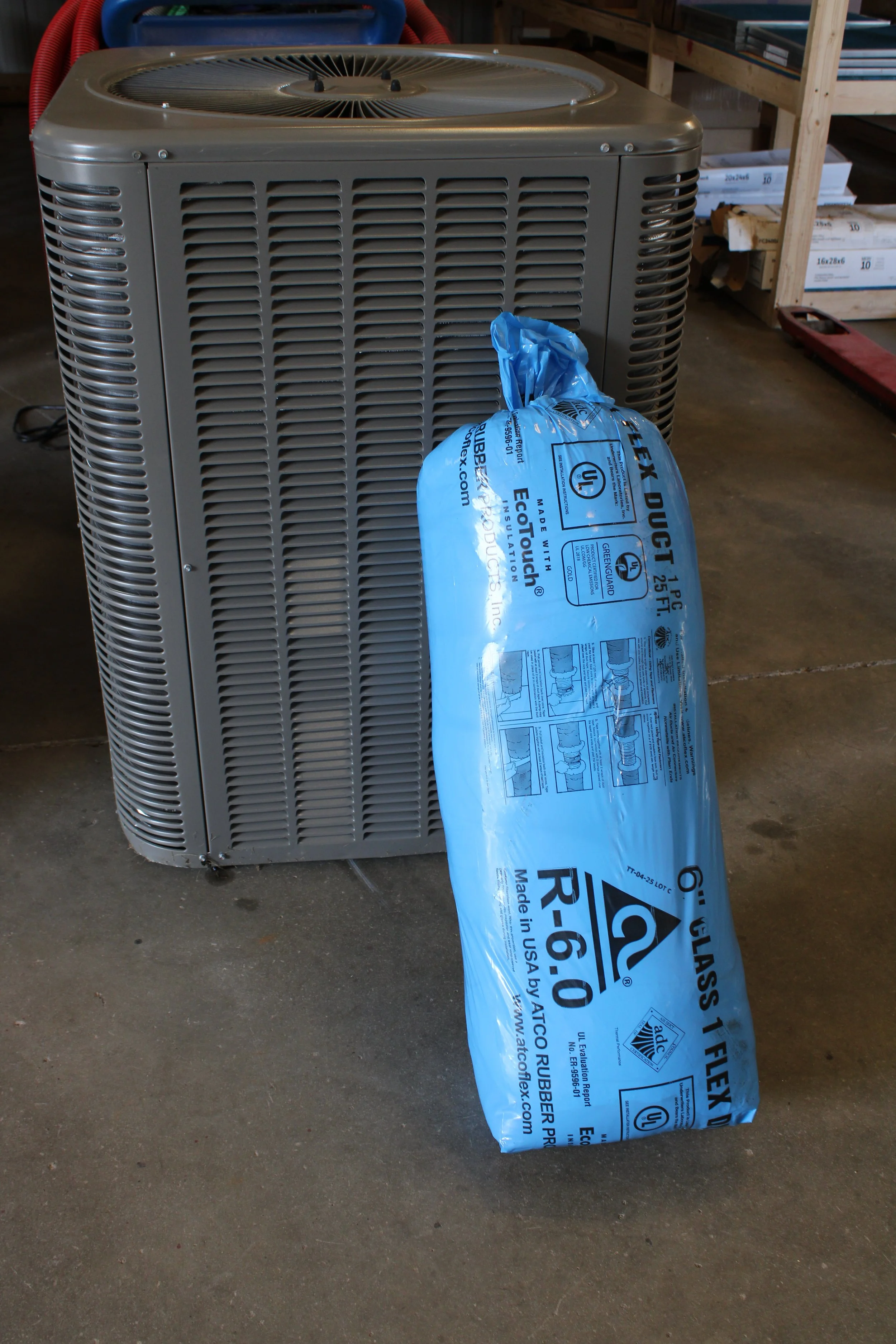The cost of a new HVAC system isn't just a flat fee. Several factors can influence the final price, and understanding these can help you plan better. October 23, 2025
Type of System
Different types of HVAC systems come with varying price tags. The choice of system can significantly impact both the initial investment and long-term savings.
Central Air Conditioning: This is the most common system. It circulates cool air through a system of supply and return ducts. It's efficient for whole-house cooling but can be more expensive if you need to install or upgrade existing ductwork.
Ductless Mini-Split: Ideal for homes without existing ductwork, offering flexibility in cooling individual rooms. This system is popular for retrofits in older homes and is often more energy-efficient than traditional systems.
Heat Pump: Provides both heating and cooling by transferring heat between the inside and outside of your home. Heat pumps can be a cost-effective solution for moderate climates, as they eliminate the need for separate heating and cooling systems.
Furnace and Air Conditioner Combo: Often necessary in colder climates, this system includes both a furnace for heating and an air conditioner for cooling. Choosing a high-efficiency furnace can lead to significant savings on heating bills.
Dual Fuel Systems: It is the best of both worlds. This system includes both a furnace and a Heat Pump. The Heat Pump cools and heats your home. The Gas Furnace is a back-up heating source for extremely cold days.
Understanding the Costs of New HVAC System
Size of the Home
The size of your home significantly impacts the cost of an HVAC system. Larger homes require more powerful systems, which can increase costs.
System Capacity (Right-Sizing Matters)
The HVAC system must be appropriately sized for your home. An undersized system will struggle to maintain comfort; an oversized system will short-cycle, wear out faster, and waste energy. Square footage is only a rough guide—professional sizing is what protects comfort and efficiency.Manual J Load Calculation (Required by Code) - M1401.3
A Manual J is the industry standard for residential system sizing and is required by the International Residential Code (IRC)—including in Georgia—before a replacement or new install. It accounts for your home’s insulation, windows, orientation, and more to determine the correct tonnage.Zoning Needs: Larger homes might benefit from zoning systems, which can direct heating and cooling to specific areas as needed. Although zoning systems increase upfront costs, they can reduce energy usage and improve comfort.
Insulation and Air Sealing: The level of insulation and air sealing in your home also affects the size and efficiency of the required system. A well-insulated home may allow for a smaller, less costly HVAC system.

Efficiency Ratings
Higher efficiency systems typically cost more upfront but save money in the long run through reduced energy bills. Look for systems with higher SEER (Seasonal Energy Efficiency Ratio) ratings.
SEER Ratings: The SEER rating measures the cooling efficiency of air conditioners and heat pumps. Higher SEER ratings indicate greater efficiency and lower operating costs.
AFUE Ratings: For furnaces, the Annual Fuel Utilization Efficiency (AFUE) rating measures heating efficiency. A higher AFUE rating means a more efficient furnace.
Long-Term Savings: Investing in a high-efficiency system can lead to significant savings over the system's lifespan, offsetting the initial higher cost.
Utilize Our Get Quote Tool
To simplify the process of finding the best HVAC solution for your needs, we offer an online "Get Quote" tool. This tool allows you to quickly assess potential costs based on your specific requirements and preferences. Simply enter your information, and our system will provide you with tailored quotes.
Easy Access: Our user-friendly interface makes it simple to navigate and gather the information you need to make informed decisions about your HVAC installation or replacement.
Personalized Results: The Get Quote tool considers factors such as home size, HVAC system type, and energy efficiency ratings to deliver accurate estimates catered to your situation.
Save Time: By using our online tool, you can avoid the hassle of contacting multiple contractors and streamline your search for the best price and quality service.
Consider Energy Efficiency
Investing in a high-efficiency HVAC system may entail a higher initial cost, but it can lead to significant savings on your energy bills over time. When selecting a system, look for those with ENERGY STAR certification, as these units are designed to consume less energy while providing optimal performance. Many governments offer tax credits or rebates for homeowners who install energy-efficient systems, so it's beneficial to research available programs that can offset the initial investment.
Furthermore, consider the potential long-term savings you can achieve by calculating the reduction in utility bills over the lifespan of the system. High-efficiency systems are not only a financially wise choice but also contribute to a reduced carbon footprint, promoting a more sustainable environment.
Plan for Off-Season Installation
Scheduling your installation during off-peak seasons (spring or fall) can sometimes result in lower costs due to decreased demand.
Weather Considerations: Milder weather during off-peak seasons can facilitate installation, reducing potential weather-related delays.
Advance Planning: Plan your HVAC replacement or installation well in advance. This allows time to research options, secure financing, and schedule during cost-effective periods.
Utilize Rebates and Incentives
Many utility companies offer valuable rebates and incentives for homeowners who install energy-efficient HVAC systems, making it essential to check with your local utility provider for available offers. Exploring the various programs offered by local utilities or government agencies can lead to significant cost reductions for high-efficiency systems. Additionally, some HVAC manufacturers provide their own rebates or special financing options on new systems. It’s a good idea to inquire about any current promotions when purchasing equipment to maximize your savings.
To take full advantage of these offers, ensure that you keep all necessary documentation to claim rebates, including receipts, contractor certifications, and product specifications. By being diligent about documentation, you can secure the financial benefits that come with investing in energy-efficient heating and cooling solutions.
Conclusion
Understanding the costs involved in installing or replacing an HVAC system can help you make informed decisions and budget accordingly. Whether you're installing central air conditioning or replacing a furnace, knowing what to expect in terms of cost can ease the process. Remember, investing in a quality, efficient system can provide comfort and savings for years to come.
By considering factors like system type, home size, and efficiency, you can find an HVAC solution that fits your needs and budget. Additionally, utilize our "Get Quote" tool to quickly assess potential costs tailored to your specific requirements, helping you streamline the decision-making process and save time.
Don't hesitate to consult with professionals to get the best advice and recommendations tailored to your specific situation.
An efficient HVAC system isn’t just an expense—it’s an investment in comfort, energy savings, and home value. The most important decision is choosing the right company to design a system for your home, install it correctly, and stand behind it with strong guarantees and warranties. With careful planning and the factors and tips outlined here, you can make a smart choice that benefits both your wallet and your living environment.








